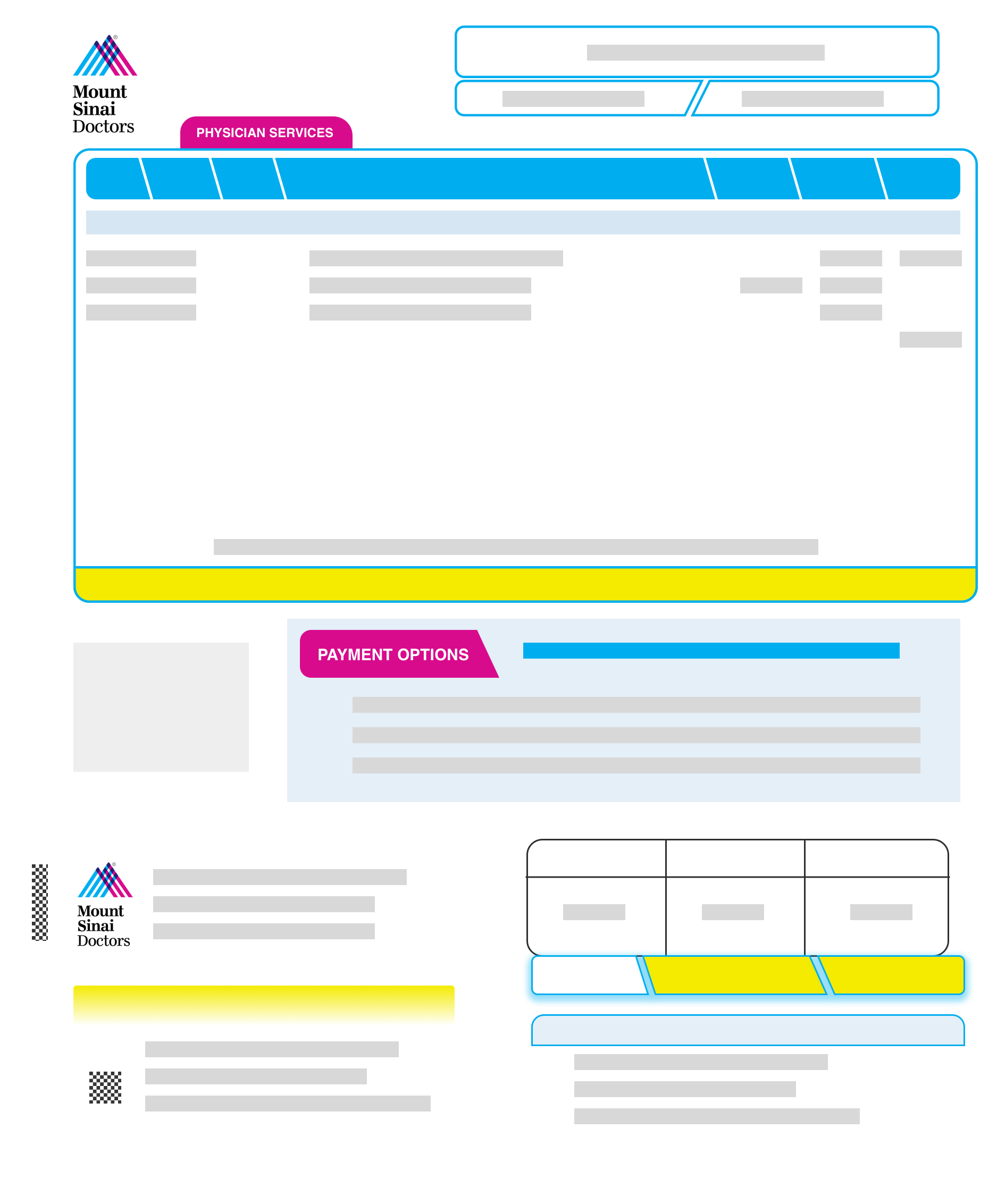
The Centers for Medicare & Medicaid Services (CMS), launched a new Hospice Compare website. It will allow patients, their families, and anyone else interested to compare the services of different hospice providers. The website is designed to help consumers understand the quality of care provided by hospices, and to encourage them to take an active role in making care decisions. It serves to increase pressure on hospice providers to deliver high-quality services.
The Hospice Compare website is based on information submitted by 3,876 hospices. The website includes Hospice Item Set (HIS) quality measure results and provides a snapshot of the quality of care provided by hospices. The website also features a search tool that allows users search for hospices by name and zip code. It also lists providers at risk of being shut down by Medicare. You will also find information on hospices which provide services to patients who have a prognosis that is less than six-months.

Hospice Item Set (HIS), quality measurements are based the Hospice Consumer Assessment of Healthcare Providers and Systems. The CAHPS survey questions include questions about pain management, symptom control, patient communication as well nursing routines and coverage. Also, certified independent evaluators conduct caregiver surveys. Hospice Compare is developed using the CAHPS survey's results. It will include seven HIS measures, dating back to October 2015 through September 2016. The results of the CAHPS Hospice Survey will not be reported until early CY 2018.
Hospice Compare was created to be user-friendly so that providers can find the information needed to make informed decisions regarding care. The website has been optimized for mobile and is built on industry best practices. Hospice Compare's website is not always up-to-date. It will take some time before the data reflect any improvements. CMS is currently testing several measures and will continue to improve Hospice Compare.
Access to preview reports for Hospice Item Set (HIS data) data will be available through the Hospice Compare website. Providers will have to submit the HIS with inactivation, modification and correction records before the 4.5-month data correction deadline. They can also access these preview reports via the CASPER application. Once a provider has accessed a preview report, they can view the data on a quarterly basis. After 60 days, providers won't be able access the data.
A newsletter is also available on the website. The Friends of Hospice newsletter goes out to hospice providers and others who are interested in the subject. It contains information about current research and articles related to the end of life. It also includes educational materials for patients and families. It includes a list of hospices in your area.

Hospice Compare has recently been updated to include the results of the CAHPS Hospice Survey. This includes a new measure, "Hospice Contacts when Death Is Imminent." This three-day measure measures how many patients receive at least one visit in each of the last three days. It has a fact sheet and Q&A document associated with the measure.
FAQ
What should you know about vaccines
Vaccines can be very effective and safe ways to stay healthy. Vaccines work by protecting you against certain diseases. Vaccinations can be given at specific times throughout your childhood, adolescence, or adulthood. Your doctor will help you decide when is the best time to get vaccines.
Who is responsible?
Public health is a responsibility of all levels of government. Local governments have control over roads, schools, parks, recreation areas, and other public services. Both the state and national governments create laws and regulations for food safety, workplace safety and consumer protection.
What is the best way to learn about health insurance?
You should always keep track of the policy documents if you have insurance for health. You should ensure you fully understand your plan. Ask questions whenever you are unclear. Ask your provider questions or call customer support if you don't get it.
When you need to use your insurance, don't forget to take advantage your plan's deductible. Your deductible refers to the amount you pay before your insurance starts covering the rest.
What does "public health" actually mean?
Public Health means protecting and improving the health of the community. Public Health is about preventing illness, injury, and disability; encouraging good health practices; ensuring adequate food; and controlling communicable disease, environmental hazards, behavioral risks, and other threats.
Statistics
- The health share of the Gross domestic product (GDP) is expected to continue its upward trend, reaching 19.9 percent of GDP by 2025. (en.wikipedia.org)
- Foreign investment in hospitals—up to 70% ownership- has been encouraged as an incentive for privatization. (en.wikipedia.org)
- About 14 percent of Americans have chronic kidney disease. (rasmussen.edu)
- For the most part, that's true—over 80 percent of patients are over the age of 65. (rasmussen.edu)
- Consuming over 10 percent of [3] (en.wikipedia.org)
External Links
How To
How to find home care facilities
People who need assistance at home are assisted by home care facilities. Home care facilities assist those with chronic illnesses, such as Alzheimer's, who can't move or are too elderly to leave their home. These services include personal hygiene and meal preparation, laundry, cleaning as well as medication reminders and transportation. They often collaborate with rehabilitation specialists, social workers, and medical professionals.
You can find the best home care services provider by asking friends, family and/or reading reviews on the internet. After you've identified one or two providers you can start to ask about their qualifications, experience, and references. Providers should be flexible in their hours so they can fit into your busy schedule. Check to see if there is an emergency response available 24/7.
You might also consider asking your doctor or nurse for referrals. You can search online for "home care" or "nursing homes" if you aren't sure where to look. You can use websites like Yelp and Angie's List or HealthGrades to compare nursing homes.
For further information, you may call the Area Agency on Aging (AAA), or Visiting Nurse Service Associations (VNA). These organizations will be able to provide you with a list containing agencies in your local area that are specialized in home care services.
Finding a good home care agency is important because many companies charge high patient fees. Some agencies can charge as much as 100% of the patient's income. You can avoid this by choosing an agency that is highly rated by the Better Business Bureau. Get references from former clients.
Some states even require homecare agencies that register with the State Department of Social Services. Find out the requirements for agency registration in your area by contacting your local government.
There are several things to keep in mind when choosing a home care agency :
-
Don't pay upfront if you don't want to receive services.
-
Look for a reputable and well-established business.
-
Get proof of insurance, especially if you're paying out of pocket.
-
You should ensure that the state licenses any agency you hire.
-
Ask for a written agreement outlining all costs of hiring the agency.
-
Verify that follow-up visits are provided by the agency after discharge.
-
Ask for a list or certifications.
-
Do not sign anything without reading it first.
-
Take the time to read all fine print.
-
Make sure the agency has insurance and is bonded.
-
Ask how long the agency is in operation.
-
Verify that the State Department of Social Welfare licenses the agency.
-
Find out whether there are any complaints against the agency.
-
For information on home care agencies, contact your local government department.
-
Check that the answering service is certified to answer questions regarding home care.
-
Ask your lawyer or accountant for tax advice on the use of home-based care.
-
Always solicit at least three bids per home care agency.
-
The lowest bid is the best but you should not settle for $30 an hour.
-
It is possible that you will need to visit more than one agency for home care each day.
-
When signing contracts, read everything carefully.